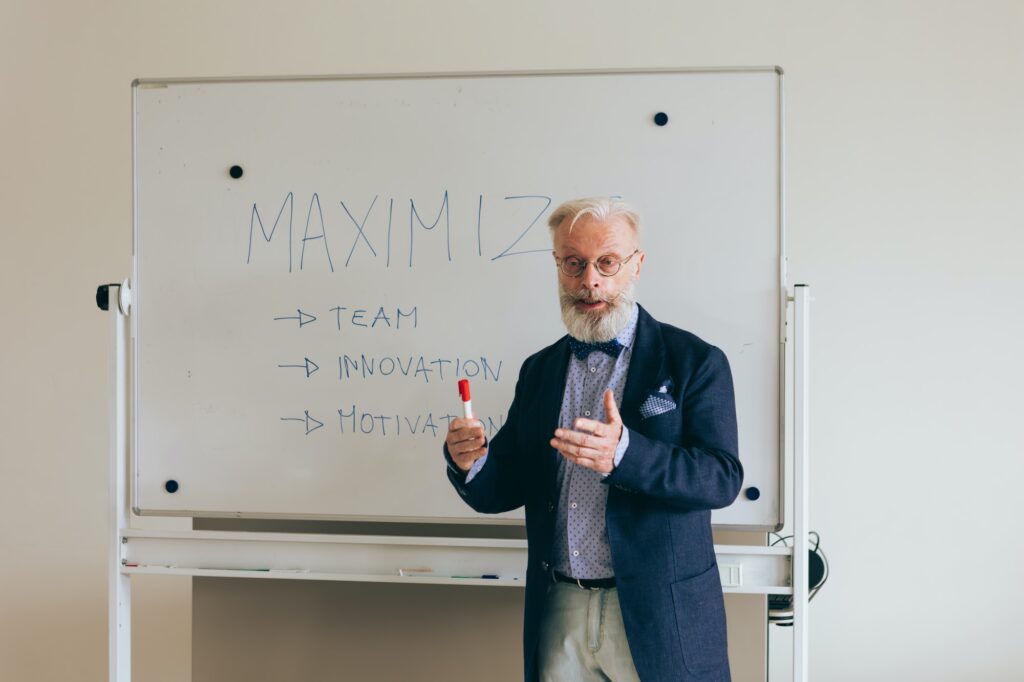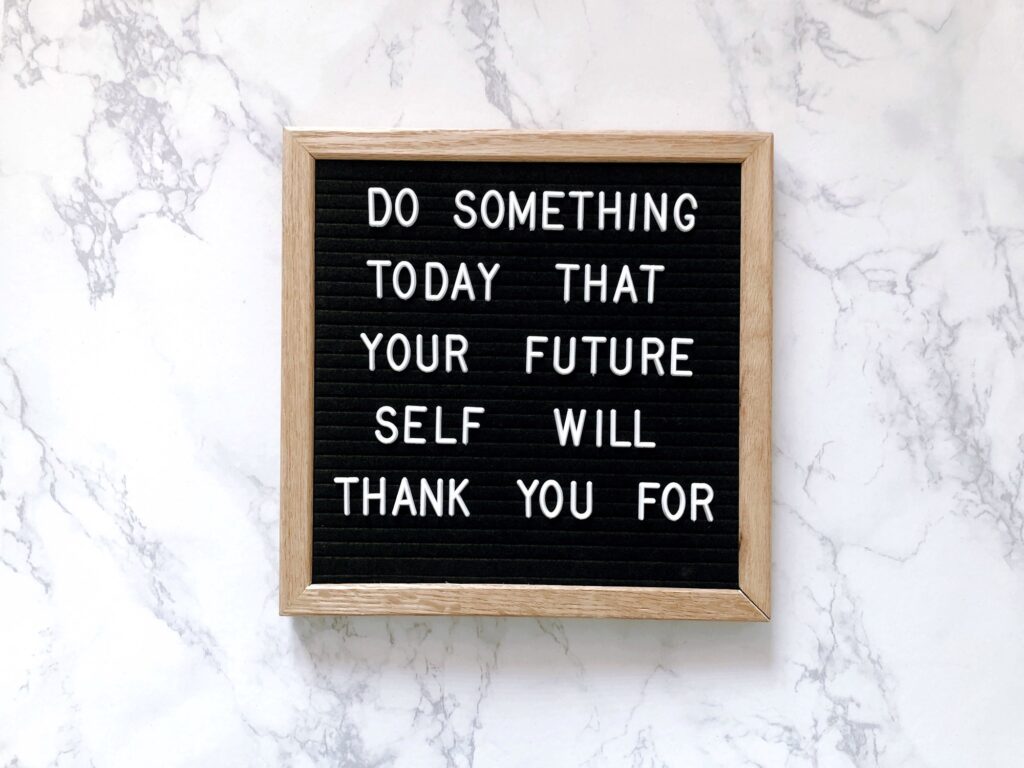Importance of Executive Coaching Today

Embark on a transformative journey with Reframing Visions, your ultimate ally in corporate leadership training and coaching. Uncover the six compelling reasons why our executive coaching isn’t just a professional development tool but the catalyst for personal and organisational triumph.
Revolutionizing Leadership: An Unique Approach by Reframing Visions

Revolutionising Leadership: An Unique Approach by Reframing Visions Giridhar 2024/01/19 Mentorship Revolutionising Leadership: An Unique Approach by Reframing Visions In the fast-paced business world, effective leadership is paramount for organisational success. As organisations strive for excellence, executives play a crucial role in steering the ship. As Simon Sinek says, “Leadership is not about being in […]
Self-Awareness: The Door To A World Of Endless Possibilities

I have often witnessed the transformative force of self-awareness during my coaching. Often, it’s a concept discussed within the contexts of personal development, leadership, and career growth. Yet, its significance transcends these boundaries. In the corporate arena, self-awareness emerges as the key that unlocks a world of infinite possibilities.
Amplifying Personal Branding

Amidst the ever-changing corporate landscape of the present day, Personal Branding has risen as a critical factor for achieving success. It’s not just about completing tasks and reaching objectives; it’s now essential to be visible and acknowledged for your contributions. This article delves into corporate visibility, underlining its importance and shedding light on effective strategies to leverage it in crafting your Personal Brand.
Navigating Workplace Toxicity: Identifying, Addressing, And Thriving

In the intricate world of corporate environments, the issue of workplace toxicity often lingers as a silent, corrosive force that undermines employee morale, productivity, and organizational success. It can lead to stress and anxiety, lower self-esteem, strained relationships, mental health issues, loss of confidence, and career stagnation. It is essential to identify workplace toxicity, determine its root causes, and navigate it effectively.
The Hidden Bias In Leadership: The Impact Of Tone And Voice

As we immerse ourselves in the excitement of the ICC cricket world cup and enjoyed the recently concluded Asian Games, we not only relish the thrilling sports spectacles but also listen to the accompanying commentary. Beyond the visuals, it’s the emotions in the commentators’ voices, their choice of words, and their subtle and not so subtle biases that catch our attention. We encounter a similar phenomenon in news broadcasting, where anchors inadvertently reveal their biases through their tone, demeanour, and language.
The Art Of Compromise In Leadership – Building Stronger Connections

Compromise is a vital skill for leaders across industries. It is a delicate balancing act that requires you to navigate the needs and interests of multiple stakeholders, while still achieving your goals. In order to be a successful leader, you must be able to find common ground and build stronger connections with others, sometimes through compromises. In this article, we will explore the art of compromise and practical tips on how to implement it effectively in your leadership role.
Managing Rejections With Grace And Grit- Building Rejection Resilience

We all face situations when things don’t go our way. Maybe we don’t get a job we wanted, our friends disagree with us, or our ideas get ignored. These moments can make us feel pretty low. It’s called rejection, and it happens to everyone. These moments act as mirrors, reflecting our emotional state and the strength of our character. As a practicing coach with insights into the DISC model, many times during coaching conversations, rejection emerges as one of the reasons for emotional distress or interpersonal conflict. But it’s how we deal with it that matters. I call it building Rejection Resilience.
Taming The Inner Critic

In the world of sports it is common to witness established athletes failing to live up to the high standards that they set themselves up for. We label them as being out of form, with a struggle to meet expectations. The athlete may still be following the same schedule, investing the same hours of practice, managing the same routine and everything else they associated with during their successful phase. What has then contributed to these string of failures?
Have You Sharpened Your Pencil Today?

Reflections and continuous learnings help to work through limitations, enables generation of new ideas that will lead to success. It is often common for us to be so engrossed in our tasks that we do not spend enough time to pause, reflect and reframe our approach. The question that arises is “has the pencil become blunt?”
